Prabowo Announces Debt Relief for 1 Million Farmers and Fishermen
This debt forgiveness does not apply universally to all UMKM. The policy is specifically tailored for those whose businesses have been significantly affected by external shocks, such as the pandemic and natural disasters.
Maman emphasized that businesses with the potential for recovery will not be included in the debt relief scheme. “Banks will review the financial viability of each case, and those deemed capable of continuing operations will not have their debts wiped out,” he said.
Importantly, the debt cancellation will not utilize the state budget (APBN). Instead, it will be implemented through a process known as “write-off” of non-performing loans, which will be managed by the state-owned banks (Himbara). The banks involved have already identified eligible borrowers, and the process will commence immediately following the enactment of PP 47/2024.
The debt forgiveness policy is part of the broader effort to provide sustainable solutions for Indonesia’s agricultural and fishing industries, sectors that are central to the country’s economy. The initiative is also seen as a way to support Indonesia’s larger goal of economic recovery and resilience in the wake of the economy
The announcement was attended by several key ministers, including Sakti Wahyu Trenggono (Minister of Maritime Affairs and Fisheries), Andi Amran Sulaiman (Minister of Agriculture), Sri Mulyani (Minister of Finance), and others. The presence of these leaders underscores the collaborative effort across various sectors of government to address the financial challenges faced by the nation’s farmers, fishermen, and small businesses.
This debt relief program is expected to have a significant impact on Indonesia’s rural economy, potentially revitalizing local industries and boosting employment in agriculture and fisheries. As these sectors regain stability, they are likely to contribute more effectively to food security and economic growth.



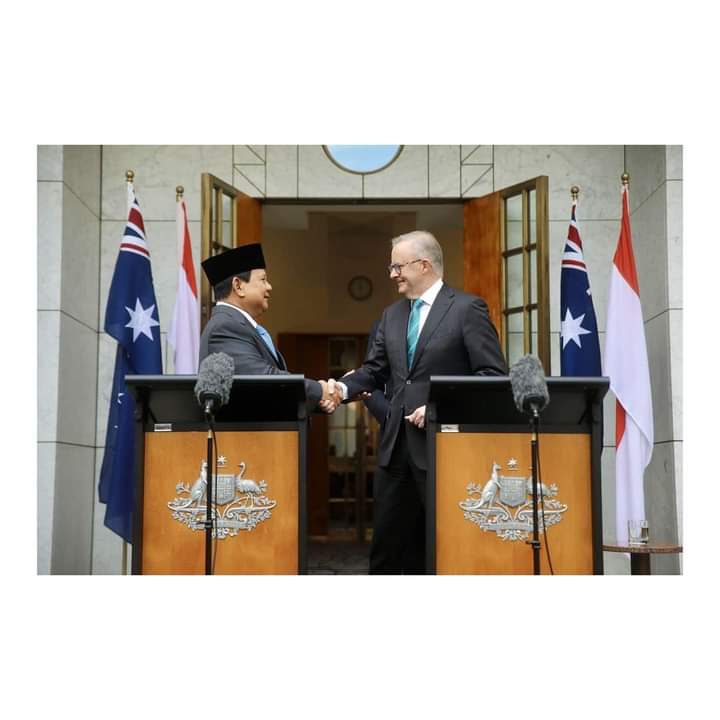
















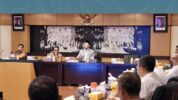
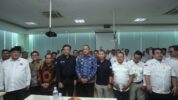

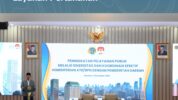

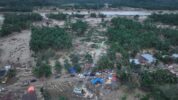

Tinggalkan Balasan